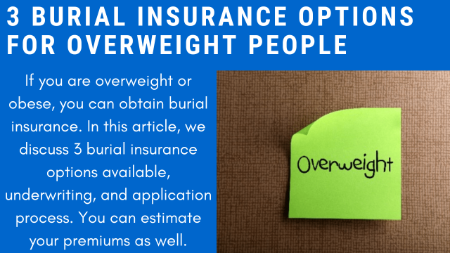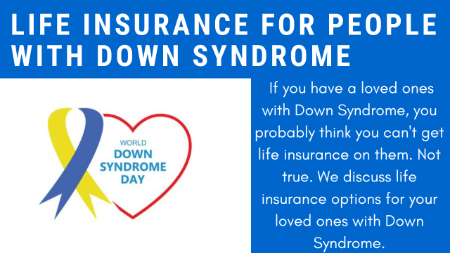
In my opinion, there is no disputing how important disability insurance is. Just go to www.gofundme.com to see the pain many people and families experience when a breadwinner is hurt or sick and can’t earn the income they need to continue their lifestyle.
Of course, the solution to many of these situations would be a comprehensive, affordable disability insurance policy. Their lives could have been so much better.
However, if you need disability insurance, you first need to understand how disability insurance underwriting works. Understanding how underwriting works is key to obtaining a disability insurance policy.
Continue reading Disability Insurance Underwriting Guide: Important Factors You Need To Know To Get Approved Today!
 Most people who are overweight or obese think they can’t obtain burial insurance, but that is not true.
Most people who are overweight or obese think they can’t obtain burial insurance, but that is not true.
 Do you have multiple sclerosis and have had a hard time obtaining life insurance?
Do you have multiple sclerosis and have had a hard time obtaining life insurance?
 I think you’ll agree that smokers have a hard time finding affordable and cheap life insurance.
I think you’ll agree that smokers have a hard time finding affordable and cheap life insurance.